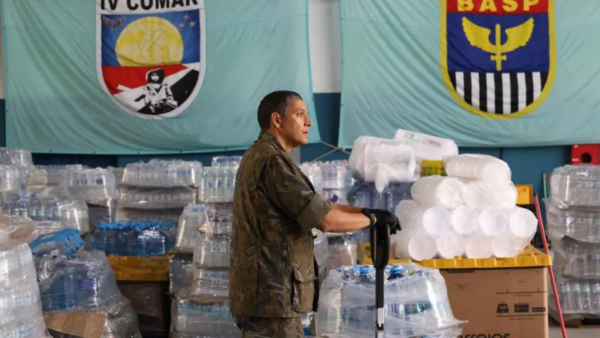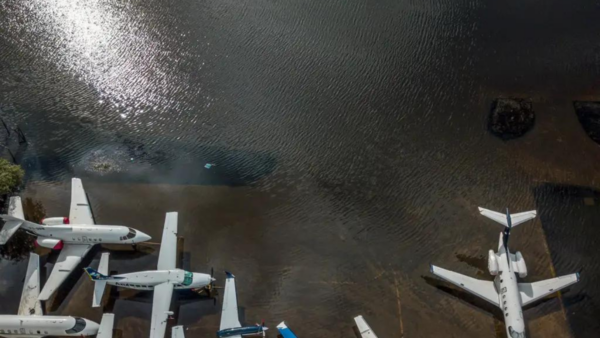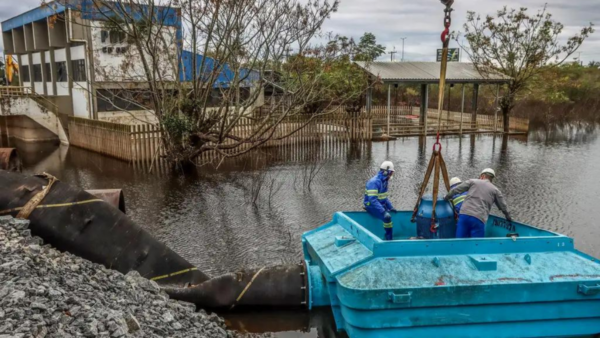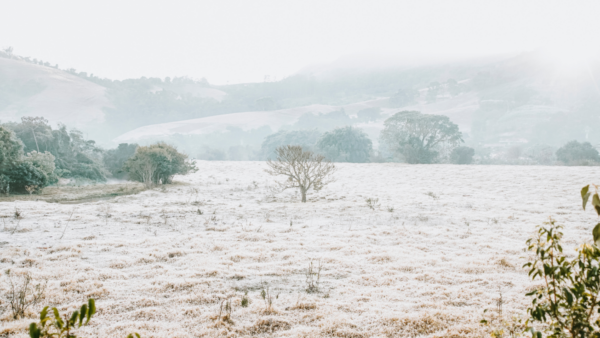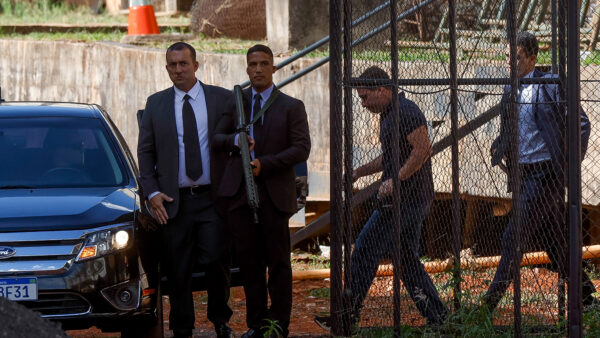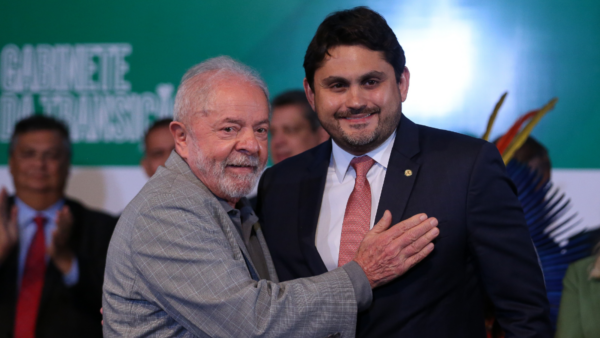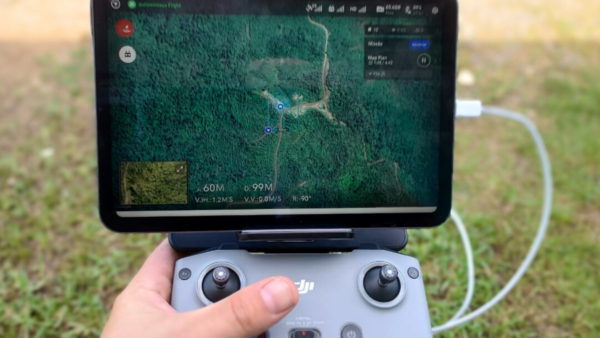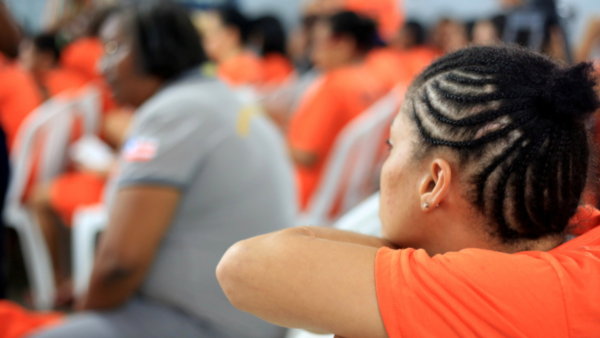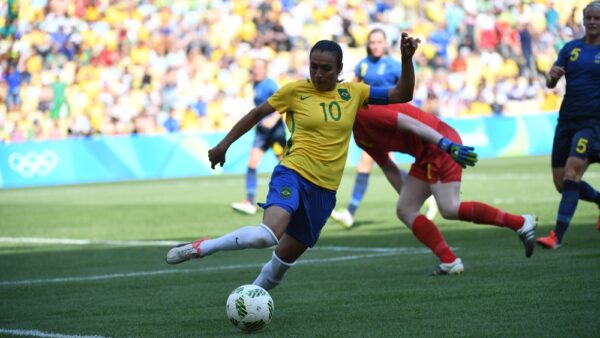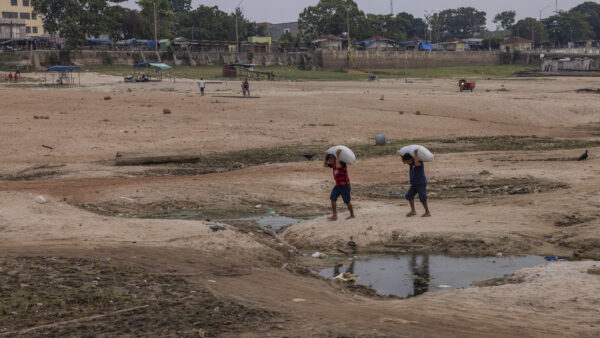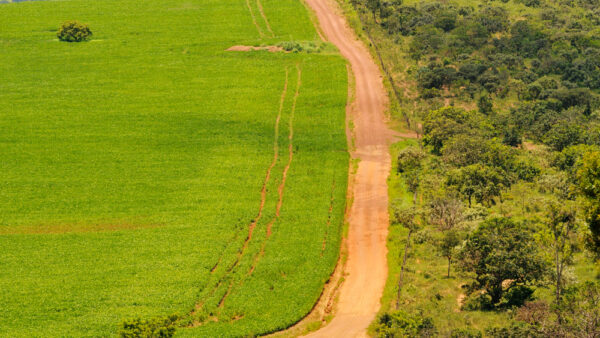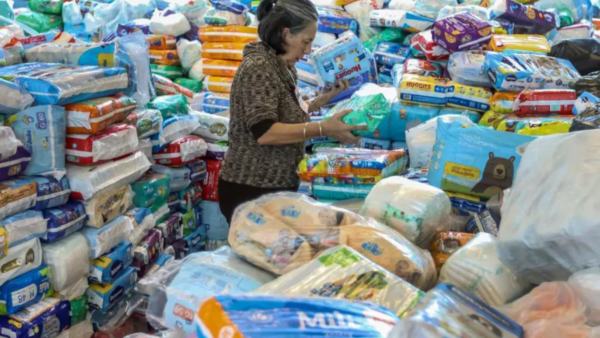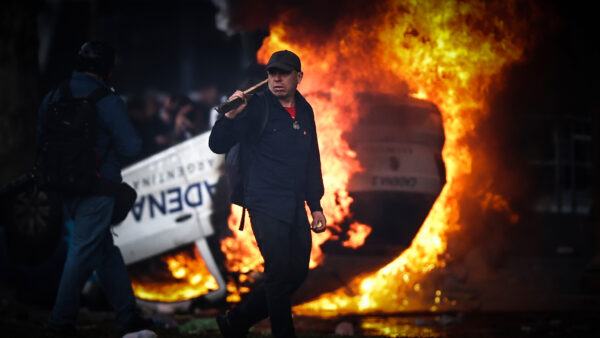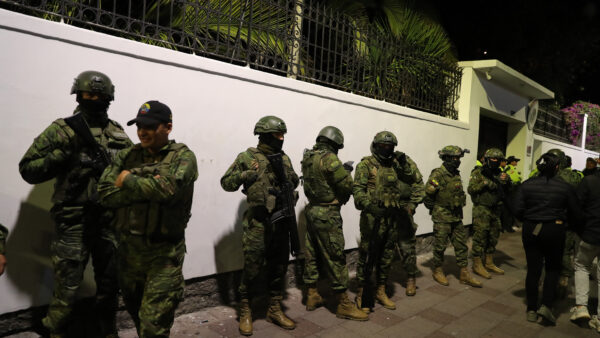Representatives of the Democratic Republic of the Congo (DRC) are participating in a mission in three Brazilian cities from October 16-27 to strengthen commercial and diplomatic cooperation between the two countries.
One of the main topics is the creation of a strategic alliance — which would also include Indonesia — to coordinate rainforest conservation efforts, nicknamed an “Opec for rainforests.” Together, the three countries account for 52 percent of the reminiscent rainforests in the world, whose conservation is essential to control climate change.
The cooperation between the three countries is one of President Luiz Inácio Lula da Silva’s diplomatic obsessions. He argues that developed countries should financially and structurally help developing nations with more natural resources to control climate.
“Indeed, the Amazon rainforest model is a textbook example for the Congo Basin, notably for the DRC, which accounts for 62 percent of its forest cover, 52 percent of water resources, and ranks fifth in the world in terms of biodiversity,” says Congolese representatives tell The Brazilian Report in a statement. “The DRC would like to emulate the Brazilian model by establishing a green fund for projects to protect forests and prevent climate change.”
The Amazon Fund, which finances preservation ventures in the rainforest, has received billion-dollar donations from countries such as the U.S., Norway, Germany, and Switzerland. It was frozen during the administration of former President Jair Bolsonaro, considered to be a climate pariah, but brought back to life by the Lula administration.
Brazil’s Agriculture Ministry told The Brazilian Report that, for the time being, the two countries have “only engaged in incipient talks for Brazil and the DCR to sign a memorandum of understanding on low-carbon agricultural policies.”
With 6.74 million square kilometers, the Amazon is the largest tropical forest in the world, extending across Brazil, Bolivia, Colombia, Ecuador, Guyana, Peru, Venezuela, and Suriname. The second-largest is the Congo Forest, with 2.86 million kilometers of extension across the Democratic Republic of Congo, Congo-Brazzaville, Cameroon, Central African Republic, Gabon, and Equatorial Guinea.
So far, the Congolese team met with officials from the Brazilian ministries of Agriculture, Agrarian Development, and Planning, as well as with the Brazilian Cooperation Agency.
Both parties will review agreements already in place and are discussing new draft agreements concerning, among other things, “the issue of granting visas and facilitating the movement of goods and people between the two countries; the promotion and reciprocal protection of investments; and the sharing of experience in agricultural research and development,” according to a text released by both countries.
“Brazil and the Democratic Republic of the Congo are friendly countries with a long diplomatic history and common historical sociocultural values,” says the document.
President Luiz Inácio Lula da Silva met with his Congolese counterpart, Felix Tshisekedi, on the sidelines of the Amazon Summit in Belém last August.
Mr. Tshisekedi highlighted the need to expand agriculture to guarantee food security, which has been disrupted by years of civil war and the concentration of economic activities in mining.


 Search
Search
